6 Foods to Banish from Your Pantry
This is a great time of year to shift away from processed, sugar and fat-heavy foods so that you can raise the quality of your meals. The best way to begin is to clear the temptation foods off the pantry shelves and out of the refrigerator and restock with wholesome, energising foods. Here are six types of unhealthy foods you can begin to get rid of this year:
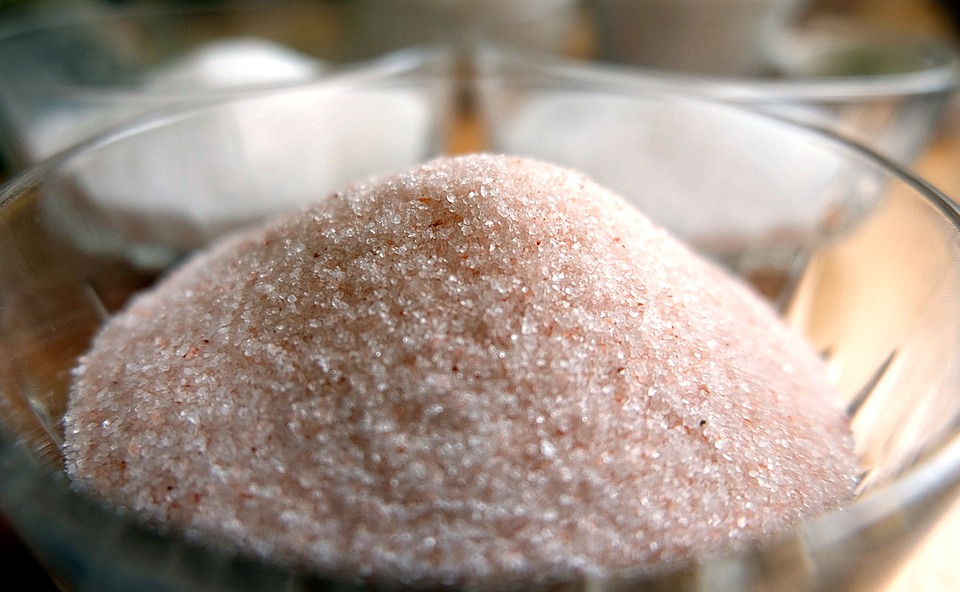
Table of Contents
1. Salt (Sodium)
Salt does play an essential role in nutrition. However, most Malaysians consume far more than the recommended daily amount of sodium, which is 2,300 grams for a healthy adult (less than 1 teaspoon of salt).
Processed foods are loaded with sodium, and a simple pinch here and there can push anyone over the daily limit. Sodium increases blood pressure, which is a factor in kidney disease, strokes and heart attacks. High blood pressure can be caused by a narrowing of the arteries, increased volume of blood or the heart beating faster or more forcefully than normal. Heart Disease is the number one killer among Malaysian women, warned the National Heart Association of Malaysia.
Out of sight, then out of mind. At the very least, get the salt shaker off the table and flavour with dried herbs, garlic powder, pepper and spices. Purchasing fresh vegetables and making your own soups and stews gives you control over your health and sodium intake too.
A traditional herb blend to use in stuffing mixtures for poultry. This MasterFoods® seasoning contains a number of different herbs and spices from all over the world predominantly the Mediterranean area.

2. Sugar
A high-sugar intake can lead to spikes in blood sugar and the resultant crash, which makes you crave even more sugar. According to the International Diabetes Institute, Malaysia has the 4th highest number of diabetics in Asia. The World Health Organization (WHO) and the Malaysia Diet Guidelines both recommend that sugar intake a day should not exceed 50g or 10 teaspoons.
The Consumers Association of Penang (CAP) is concerned that sugar consumption among Malaysians is increasing at an alarming rate.
According to the CAP, Malaysians consume an average of 26 teaspoons of sugar a day! Most people find it hard to believe or accept that they could be consuming an average of 26 teaspoons of sugar a day. That is because we may be thinking only of the “visible” white sugar we see and buy for use at home.
However, an increasing amount of sugar consumed by the public is in industrially prepared drinks and food. Ice cream, chocolates, sweetened condensed milk, and soft drinks are some of the items that have created new demand for sugar. Some soft drinks contain an average of at least 7 teaspoons of sugar per can. Consumers are often unaware of how much sugar they consume in total in a day! The best way to achieve a sugar-free lifestyle is by slowly substituting healthy foods for the sugar-filled ones you currently nosh.
Avoid sweetened breakfast cereals and choose oatmeal. Processed food and baked goods are the biggest culprits for containing a lot of added sugars. Eat more salads, fruits and vegetables and season your food with more herbs and spices instead.
Happiness and nutrition come in a warm bowl of Quaker Oats, and now with Quaker Instant Oatmeal you can enjoy them no matter how busy your day is.
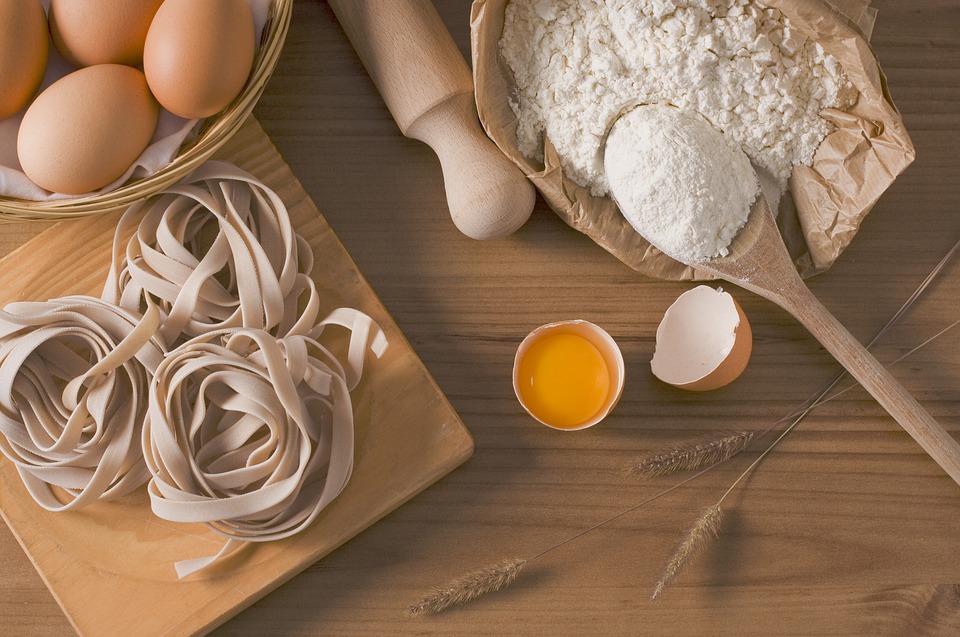
3. White Flour
White flour is also known as bleached flour, enriched flour or wheat flour – is flour that has been chemically treated and stripped of its most important nutrients, such as dietary fibre, calcium, iron, protein and some vitamins.
Processed foods, like pastas, cereals, bread and baked goods are typically made with white flour; the body absorbs these processed foods relatively quickly, increased blood sugar triggers a release of insulin, and, in an hour or two after eating, hunger returns, which can have a negative effect on your blood sugar level and contribute to weight gain.
Replace the bag of white flour in your pantry with a bag of whole wheat flour, available at most grocery and health food stores. The nutrient contents of the grain are retained, and the bran provides a valuable source of dietary fibre. Besides this, you may soon find that you prefer the hearty taste in your own homemade baked goods because the wholemeal flour gives a pleasant nutty flavour to baked items.
Radiant Organic Wholemeal Bread Flour
Made from hard wheat with a protein level of up to 12.5%

4. Frozen Meals
Those who use frozen meals often argue that these are the easiest way for a busy person to get a healthful, low-calorie meal, instead of eating high fat choices from fast food restaurants, or simply grazing on a variety of snack foods. However, in the long run, these frozen meals are not healthy enough for the people. Most of the frozen meals supply a very small portion of vegetables, fruits and grains you need.
Current recommendations to promote overall health and lower disease risk call for a total of five servings of vegetables and fruits a day. Besides this, the sodium content of frozen meals is another concern. Frozen meals that are not identified as reduced-sodium or heart-healthy often contain from 700 to 1800mg of sodium. That makes it challenging for people to stay below the daily maximum of 2300mg recommended for the general population.
If you decide to eat them as your meals, frozen meal should be just one of your meals instead of 3 meals, and you should round out the meal with extra fruits or vegetables and perhaps a piece of wholegrain bread. Having a healthy, balance meal is important for you to stay healthy.
ecoBrown’s Unpolished Brown Rice
ecoBrown’s Brown Rice is produced from fully ripened and freshly harvested paddy grown in the Muda Irrigation Scheme – the Rice Bowl of Malaysia.

5. Saturated Fat
Fats are an important part of a healthy diet. Adequate nutrition requires some amount of fat intake. Fats help with nutrient absorption and help keep energy levels healthy. It’s only when you have too much fat in your diet that it becomes a problem. Eating a diet that is high in saturated fat can raise the level of cholesterol in the blood. Having high cholesterol increases the risk of heart disease.
The Dietary Guidelines recommend that fats make up 20% to 35% of total calories and saturated fats less than 10%. As long as you keep the amount of saturated fat to less than 10% of calories, the choice is up to you. Saturated fats are found in animal products, including meat and whole milk dairy products. You should limit your consumption of animal products to lean meat, eggs, fish, skinless poultry and skim or low fat dairy products.
The American Heart Association believes that unsaturated fats can lower your risk of heart disease by removing arterial plaque and preventing the buildup of arterial plaque. So, you can also substitute the saturated fat food with healthier alternatives such as olive oil, salmon, almonds, and avocado.
Infused with a touch of fig leaves for a sweet, smooth taste with gentle hints of spiciness. It is ideal as a dip or for salad dressing.
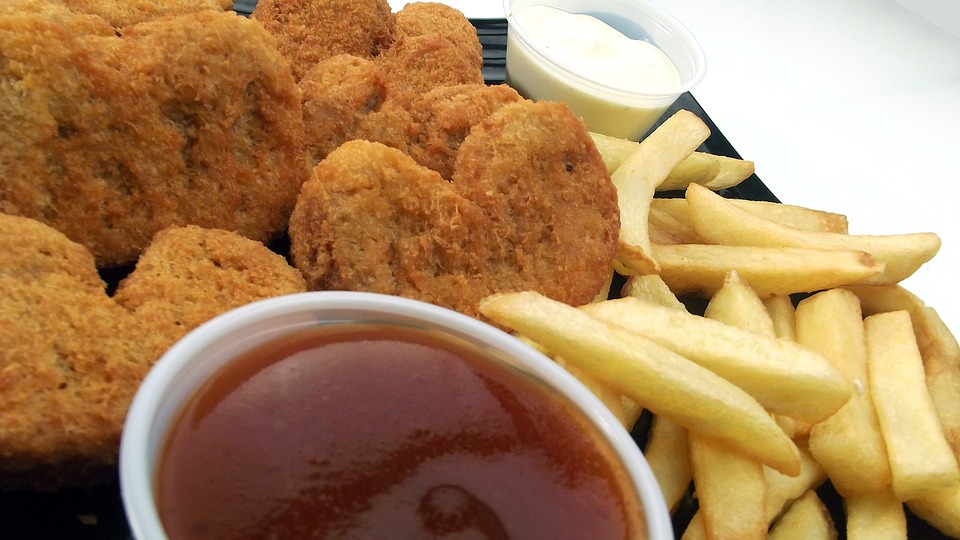
6. Trans Fat
Like saturated fats, trans fats raise LDL “bad” cholesterol and increase the risk of heart disease. But unlike saturated fats, trans fats lower HDL “good” cholesterol and may do more damage. The American Heart Association advises limiting saturated fat consumption to less than 10% of daily calories and trans fat consumption to less than 1%. Small amounts of trans fats occur naturally in beef, lamb, and fullfat dairy products.
However, most trans fats comes from processing liquid vegetable oil to become a solid fat. Foods that contain trans fat are cookies, crackers, cakes, muffins, pizza dough, some stick margarine, fried foods such as french fries and chicken nuggets, snack foods such as chips, candy, packaged or microwave popcorn, and pre-mixed caked mixes such as pancake mixes and chocolate drink mixes.
To reduce the intake of trans fat, the American Heart Association advocates a diet containing a variety of fruits, vegetables, and grains, especially wholegrain products; fat-free and low-fat dairy products; legumes, poultry, and lean meats; and fish, preferably oily fish like salmon, at least twice a week.
With every glass of MARIGOLD HL Low Fat Milk, you’ll definitely enjoy more nutritious goodness of a wholesome milk like no other.



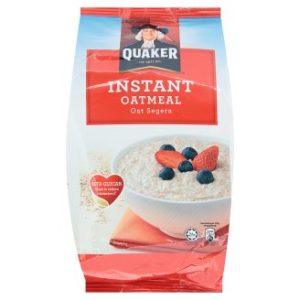
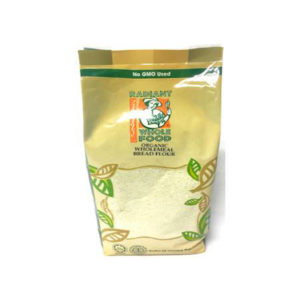



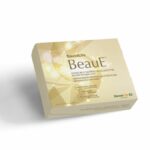


















Leave a comment